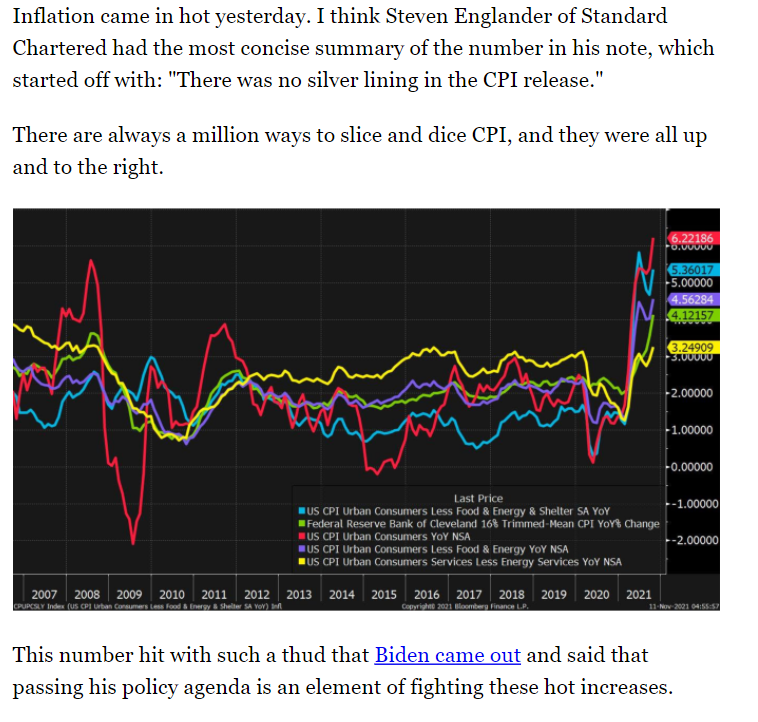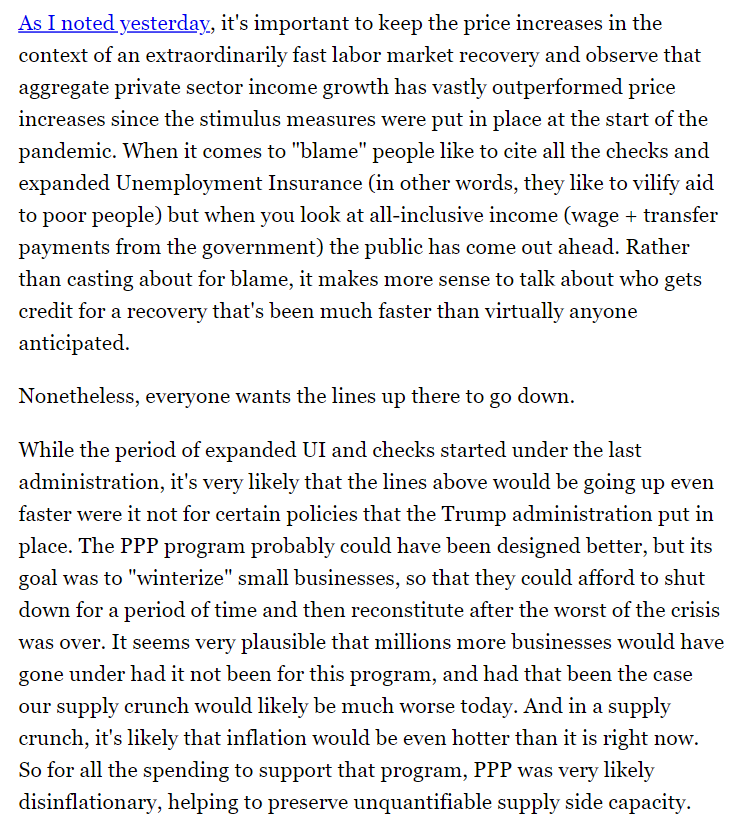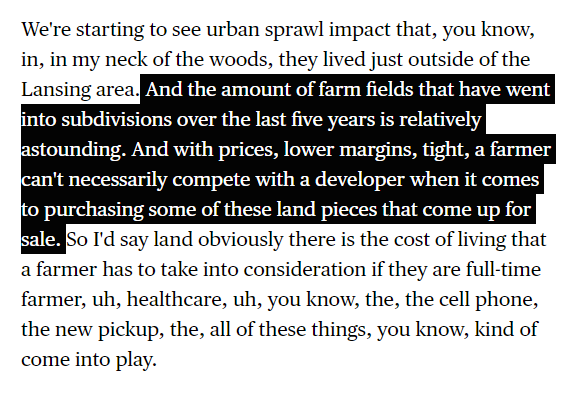
THE TRUMP ADMINISTRATION POLICIES THAT PREVENTED INFLATION FROM GETTING EVEN WORSE THAN IT IS
For today's @markets newsletter, I wrote about the spending boom that started under Trump, and how certain elements of it were likely disinflationary.
bloomberg.com/account/newsle…



For today's @markets newsletter, I wrote about the spending boom that started under Trump, and how certain elements of it were likely disinflationary.
bloomberg.com/account/newsle…




@markets Trump bailed out the airline industry and now airfares are subdued.
Trump didn't bail out the rental car industry and now rental car prices are soaring.
Bailouts work and are good if you don't like inflation.
Trump didn't bail out the rental car industry and now rental car prices are soaring.
Bailouts work and are good if you don't like inflation.

And of course the entire PPP program helped untold number of small businesses from going out of business by "winterizing" their operations. That's crucial supply side capacity we have today, with demand having returned in such a robust manner.
BTW, this is important still, not just from a "credit" or "blame" standpoint. Spending can fight inflation if it expands capacity.
I don't know if the BIF or BBB will do it, but the argument Biden or progressives are making is not inherently unsound by any stretch.
I don't know if the BIF or BBB will do it, but the argument Biden or progressives are making is not inherently unsound by any stretch.
• • •
Missing some Tweet in this thread? You can try to
force a refresh
















